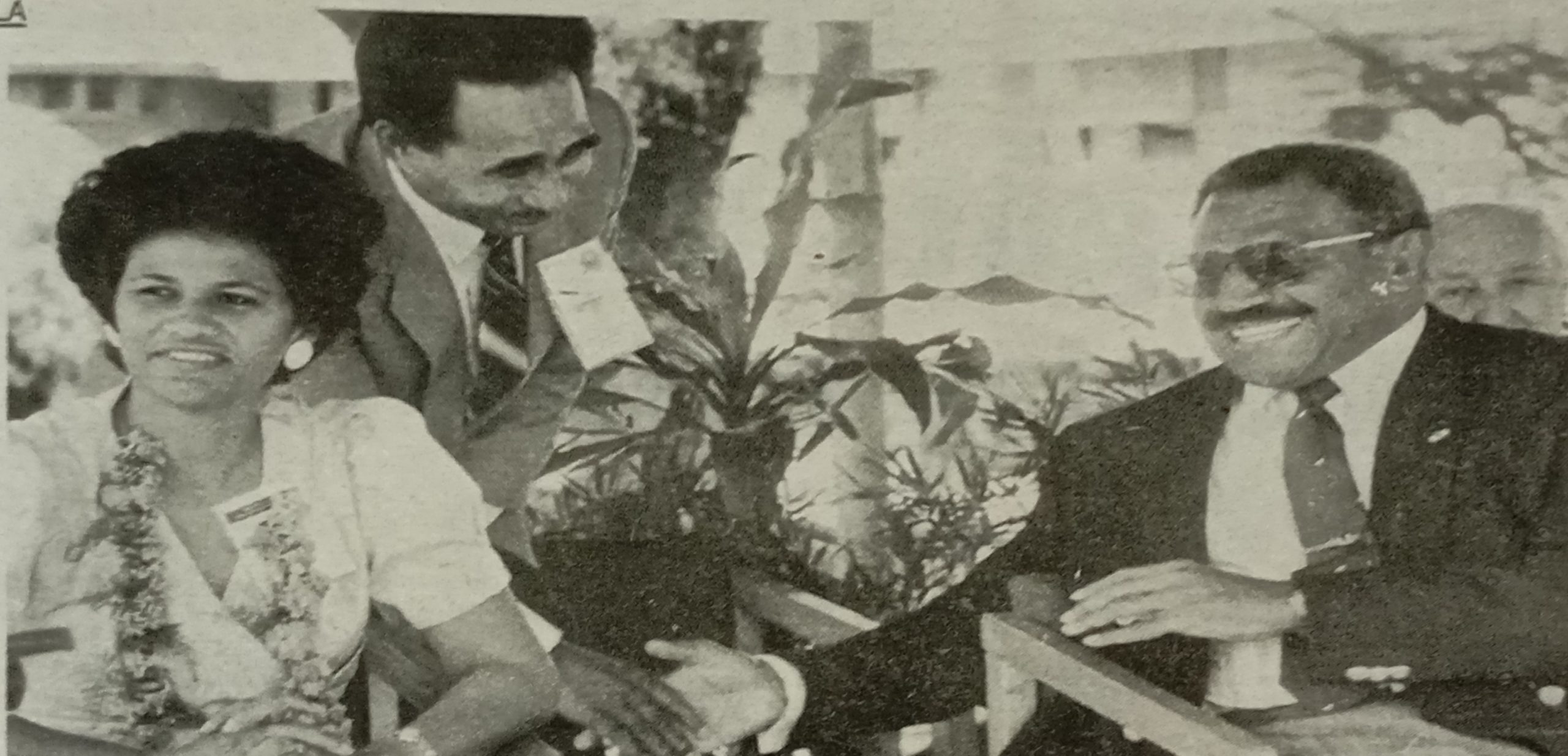REGIONAL journalists had endorsed the concept of establishing press councils — but only if governments did not have a hand in it, according to an article published by The Fiji Times on July 12, 1993.
Prime Minister Sitiveni Rabuka floated the idea when he opened the Pacific Islands News Association conference in Suva on July 10.
“My government would welcome from you, through this conference, how best you can project your own accountability and safeguard your professional and ethical standards and creditability to the community,” Mr Rabuka said.
“If the media is to be self-regulatory, would you accept the direct involvement of respectable and reputable professional people or community leaders outside the news media?
“As an open and accessible government, we would welcome your views on these questions.”
He suggested one of the following options: A statutory press ombudsman, press council, a voluntary press commission or self-regulation through a press complaints commission or press council.
Monica Miller, editor of Samoa News and PINA president, said each country should be encouraged to set up its own council and code of ethics.
She said press councils had roles to play “especially in instances where some newspaper fail to rectify a wrong they commit”.
“But I don’t really see a place for the government in the council because it is usually the main reason for issues written up.”
She said it would be difficult to enforce any ruling by the press council.
“I know that in the few countries where they have a press council, the only avenue where members will be watched very carefully is by publicising some of the cases where ethics have been compromised.”
Former journalist in Hawaii, Floyd Takeuchi was more critical and said that the primary review process had to be done by journalists.
“And I would be uncomfortable with having non-journalists reviewing deadline decisions,” Takeuchi said.
“So I don’t think the press council is the way to go although I think the prime minister made some very good points about fairness and accuracy.”
Takeuchi said an ombudsman should be employed by the news organisation as opposed to government.
PINA vice-president Petaia Uelese of the Samoa Times said it would be wrong for the prime minister to promote the appointment of non-media people to the council.
He said that the government should not be left in a position where it could appoint people who could “virtually shoot their way over the media.”
Uelese said the council should not be given a disciplinary role but one in which they were able to point where ethics had been compromised and the redress available to the defaulter.
Radio Tonga general manager Tavake Fusimalohi said the council should have the power to get back to the press and remedy the problem.
He said the government should adopt “more of an advisory capacity than a distinctive one”.
Fiji Media Association president Stan Ritova said the idea was timely.
He stressed, however, that government should not have a role.
“The council certainly would be a toothless tiger but at least the public was to appreciate the fact that there was a body watching the media’s performance.”
Mr Rabuka told journalists that they were not above reproach or criticism and should always maintain fairness and accuracy.
He said his government believed in a free and independent news media.
But he cautioned that this freedom must be exercised “with a serious and sincere sense of public responsibility.”
“I believe the news media must be as free as possible, within the limits of libel and those restrictions required by law and under the Constitution.”
Mr Rabuka spelled out his thoughts on the role and responsibility of the news media in the region, in particular, Fiji, at a time when sensitive issues like the review of the Constitution was foremost in many citizens’ minds.
“The media is the watchdog of our committee,” Mr Rabuka said.
“It is important for the news media to have a greater appreciation of the role it can play in nation-building.”



